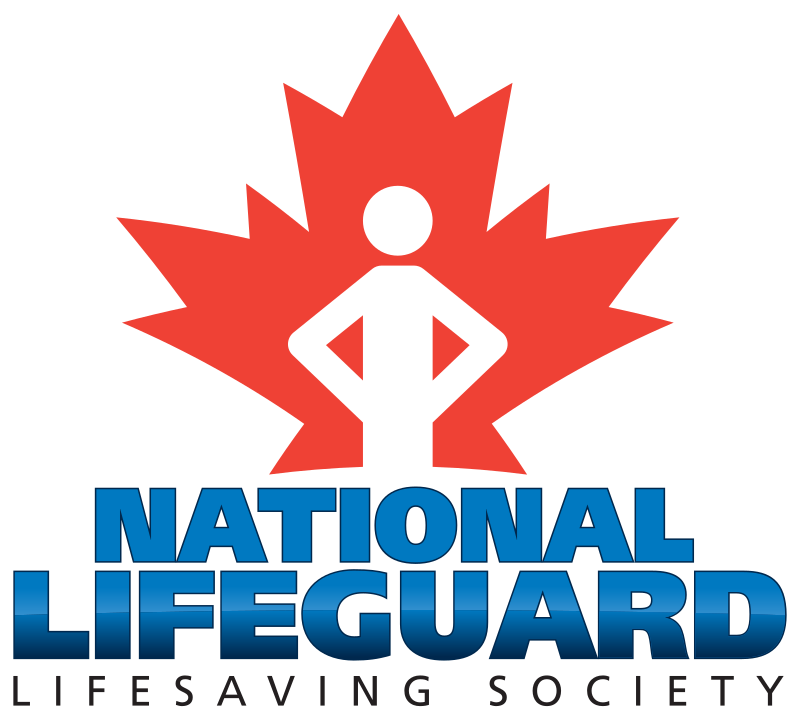In a world where water-based activities are a part of our daily lives, the significance of lifeguard certification cannot be overstated. Whether it’s
- A dip in the neighborhood pool,
- A visit to the local beach,
- An adrenaline-pumping adventure at a water park,
The safety and well-being of people in and around aquatic conditions depend vigorously on the presence of profoundly trained lifeguards.
These unsung legends have an exceptional set of abilities and information, sharpened through thorough training and certification, that permit them to swiftly respond to emergencies, forestall accidents, and guarantee the enjoyment of water activities for all.
In this article, we dive into the principal importance of lifeguard certification investigating its multifaceted advantages, and revealing insight into the imperative role these certified professionals play in defending lives.
Importance of Lifeguard certification:
Standardized Training and Competency:
Lifeguard certification plays a crucial role in ensuring standardized training and competency among lifeguards. By obtaining certification, lifeguards demonstrate their proficiency in essential water safety skills and rescue techniques.
This normalized training empowers lifeguards to respond reliably and successfully in different crisis situations, no matter what the area or office where they are utilized. The certification cycle keeps an elevated degree of professionalism and guarantees that lifeguards have the vital information and abilities to protect people in and around the water.
Boosting Confidence and Leadership Abilities:
Obtaining lifeguard certification goes beyond acquiring technical skills. It also instills confidence and develops strong leadership qualities in individuals. The rigorous training and testing involved in the certification process help lifeguards develop a sense of self-assurance in their abilities to handle challenging situations.
This confidence translates into their on-duty performance, allowing lifeguards to take charge and effectively communicate with beachgoers and pool visitors, providing clear instructions and guidance for a safer experience.
The Impact of Lifeguards on Community Safety:
Preventing Tragedies and Promoting Water Safety Awareness:
Lifeguards have a significant impact on community safety by preventing tragedies and promoting water safety awareness. Their presence alone acts as a deterrent to risky behavior and encourages responsible swimming practices.
By actively patrolling the area and enforcing rules and regulations, lifeguards educate beach and pool visitors about potential dangers and help create a culture of safety. This proactive approach not only reduces the likelihood of accidents but also instills a greater sense of water safety consciousness within the community.
Collaboration with First Responders and Medical Personnel:
Lifeguards serve as a crucial link between individuals in distress and the broader emergency response system. In critical situations, they work closely with first responders and medical personnel to provide initial care and facilitate the smooth transition of victims into professional medical hands.
Their ability to communicate effectively and provide accurate information about the incident aids emergency personnel in delivering timely and appropriate medical assistance. The collaboration between lifeguards and the broader emergency response team highlights the interconnectedness of safety efforts and the importance of lifeguards’ training and certification in maintaining a seamless response system.
The Lifeguard’s Impact: Ensuring Safe Summer Fun:
Promoting Inclusive and Accessible Recreation:
Certified lifeguards contribute to making summer fun safe and accessible for individuals of all ages and abilities. By ensuring a safe aquatic environment, lifeguards enable individuals with disabilities or limited swimming abilities to enjoy water activities confidently.
Their expertise in adaptive swim techniques and knowledge of how to assist individuals with special needs further enhance the inclusivity of beach and pool environments. Lifeguards with lifeguard certification play a pivotal role in promoting equal opportunities for recreation, ensuring that everyone can partake in the joy of summer activities.
Building Lifelong Skills and Career Opportunities:
Lifeguarding is more than just a summer job. The lifeguard certification process equips individuals with valuable skills and opens doors to various career opportunities. Lifeguard training develops essential life skills such as leadership, teamwork, and problem-solving, which can be applied in many other professional settings.
Lifeguards who undergo certification training gain a competitive edge in pursuing careers in aquatics, recreation management, and emergency response. The experience gained through lifeguarding can also serve as a stepping stone toward becoming water safety instructors or pursuing further certifications in lifeguard management or aquatic safety.
Final Thoughts
Lifeguards with their lifeguard certification and specialized training play a crucial role in making summer fun safe and secure. From constant surveillance and prompt response to emergencies, to promoting water safety awareness and providing inclusive recreation opportunities, lifeguards ensure the well-being of beach and poolgoers.
The importance of lifeguard class cannot be overstated, as it equips lifeguards with the necessary skills and knowledge to handle emergencies effectively. Whether you’re heading to the beach or pool this summer, take a moment to appreciate the dedication and expertise of these unsung heroes who prioritize your safety and make your summer experience enjoyable.
